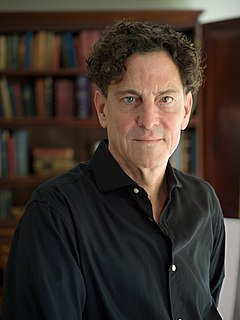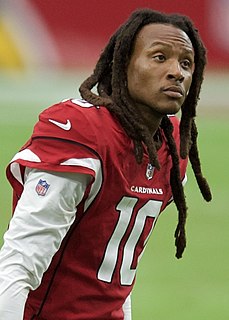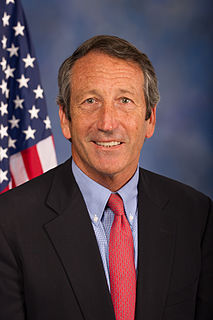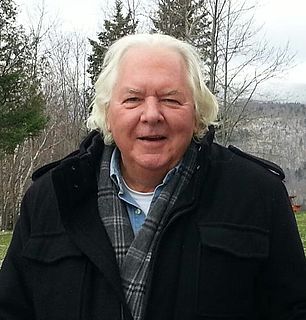A Quote by Edward Ball
All of us in the Ball family in South Carolina, from the time we're children, hear stories about our ancestors, the slave owners.
Related Quotes
I have dear friends in South Carolina, folks who made my life there wonderful and meaningful. Two of my children were born there. South Carolina's governor awarded me the highest award for the arts in the state. I was inducted into the South Carolina Academy of Authors. I have lived and worked among the folks in Sumter, South Carolina, for so many years. South Carolina has been home, and to be honest, it was easier for me to define myself as a South Carolinian than even as an American.
I had ancestors who were slave-holders, which is a difficult piece of family history to say the least. In a recent New York Times article on the subject of modern attitudes toward our slave-holding past, the writer noted that we all want to be from "innocent origins." I _know_ I'm not. Then again, I suspect most of us are not.
Where do you come from?"...This is the number one most-asked question in all of South Carolina. We want to know if you are one of us, if your cousin knows our cousin, if your little sister went to school with our big brother, if you go to the same Baptist church as our ex-boss. We are looking for ways our stories fit together.
White America has seen to it that Black history has been suppressed in schools and in American history books. The bravery of hundreds of our ancestors who took part in slave rebellions has been lost in the mists of time, since plantation owners did their best to prevent any written accounts of uprisings.
I think our message,the Clinton campaign was very strong. Remember, this is their fourth campaign in South Carolina. Two for Bill Clinton. Two for Hillary Clinton. They had it well organized. They did well. And Icongratulate them. We came into that state at something like 7 or 8 percent in the polls. It was a tough road for us to hoe. But I want to thank all of our supporters, the members of the South Carolina state legislature.
Our stories are not meant for everyone. Hearing them is a privilege, and we should always ask ourselves this before we share: "Who has earned the right to hear my story?" If we have one or two people in our lives who can sit with us and hold space for our shame stories, and love us for our strengths and struggles, we are incredibly lucky. If we have a friend, or small group of friends, or family who embraces our imperfections, vulnerabilities, and power, and fills us with a sense of belonging, we are incredibly lucky.
Each of these lines attempts to serve a portion of our population for which we extend our sympathy and encouragement. But nevertheless, it is only a small portion of South Carolina's chronically ill or abused. Overall, these special add-on lines distract from the agency's broader mission of protecting South Carolina's public health.
Our ancestors are looking for us even if we're not looking for them. And by our ancestors I mean our bloodlines and the ancestors of the place where we live and our spiritual kin who go beyond our biological families. We could be walking around carrying an entire ancestral history of the wrong kind for us.
Each of us is comprised of stories, stories not only about ourselves but stories about ancestors we never knew and people we've never met. We have stories we love to tell and stories we have never told anyone. The extent to which others know us is determined by the stories we choose to share. We extend a deep trust to someone when we say, "I'm going to tell you something I've never told anyone." Sharing stories creates trust because through stories we come to a recognition of how much we have in common.






































